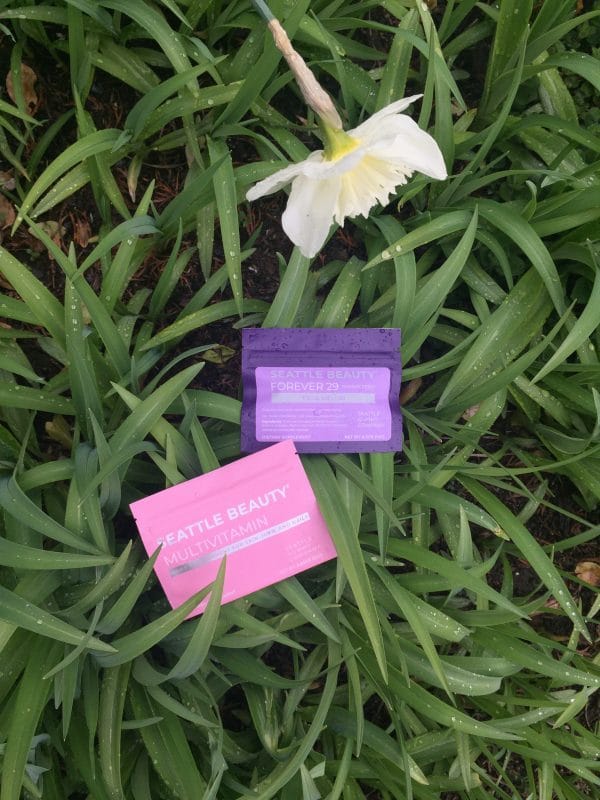Eating the right foods can promote skin health. With older skin cells constantly shedding and being replaced by younger ones, nutrients are essential for supporting this rapid growth, making your skin soft and blemish-free.
While we can’t avoid the elements like sunlight, or stay 100% away from strong soaps and fatty foods, you can still treat your skin kindly by consuming antioxidant-rich fruits, veggies, and healthy fats. Sticking to a varied and balanced diet helps you maintain nutrients essential for healthy skin (beta carotene, vitamins C and E, zinc and selenium).
Here are ten of the best foods to get you on your way to radiant skin.
- Tomatoes
It’s imperative to include tomatoes in your meals. The chemical compound lycopene not only gives the tomato its red color, but also acts as a powerful antioxidant that protects your skin against UV damage that you get from sunburn.
- Salmon
Filled with antioxidants that calm inflammation, salmon is a good source of omega-3s, which serve as the building blocks for healthy skin cells, creating a barrier that keeps moisture in and skin irritants out.
- Watermelon
Watermelon has a high-water concentration, which can reduce the puffiness around the eyes. And, since it’s low in sugar, it prevents glycation, which notoriously gives you lines and wrinkles.
- Carrots
Carrots contains high levels of beta-carotene, which is a precursor to vitamin A, which takes control of the skin’s oil production. Not only will your skin become less oily, but also help control psoriasis.
- Olive Oil
Olive oil has the antioxidant polyphenols, which gets rid of damaging free radicals. Also, about 75% of the fat in olive oil is monounsaturated fatty acids, which make you look and feel younger.
- Papaya
Not only are papayas sweet and delicious, they’re also beneficial to skin health. As a good source of vitamins A, C, and B, as well as dietary fiber, papayas improve digestion and blood pressure. As a result, your skin will remain fresh and free of toxins.
- Walnut
Like salmon, walnuts are a good source of omega-3 fatty acids. Walnuts help the body produce enough collagen, which is a protein that helps improve the skin’s elasticity, so that it doesn’t sag. Walnuts can also help reduce stress, and help prevent heart disease.
- Milk
Milk is an excellent source of Vitamin D and calcium. Not only will milk make your bones stronger, but it also makes your skin looking good and healthy. The beverage contains some alpha hydroxyl acids that help promote healthy skin. Just keep in mind that if you’re lactose intolerant, try to find a different drink that’s high in vitamin D and calcium, like orange juice.
- Green Tea
Green tea is rich in polyphenols, which acts a toner to treat acne, making it a good antioxidant and anti-inflammatory for the body. Not only will polyphenols heal blemishes and scars, but also get rid of toxins and keep the skin supple.
In addition, green tea contains vitamin K, which helps lighten dark circles under the eyes. This can also be a quick under-eye treatment, if you put used green tea bags in the fridge, and put them under the eyes for fifteen minutes.
- Water
Drinking water should be a no-brainer. Your skin needs water to stay flexible. Your best bet is to drink six to eight glasses of water a day – don’t just stay hydrated with any fluid. Try to stay clear from excessive alcohol consumption, so that you don’t rob your body of the hydration from unnecessary hangovers, which cause you to grow thirsty.
Conclusion
Like the rest of your body, nutrition is essential for the skin. And what you eat matters, because fatty and unhealthy foods can negatively impact your skin. By sticking with a balanced diet of fruits, veggies, and other nutritious foods, you’ll reduce the risk of doing unintentional harm to your body and skin.
As you make the necessary changes to your diet, keep in mind that skin miracles don’t happen overnight. In fact, it takes about six weeks for new skin to be more noticeable. Just stick to a great diet, and pretty soon, you’ll see the desired results from your easy-to-do skincare regimen.
Guest post by Michael Dehoyos
About the author: Michael Dehoyos writes and edits for Academic Brits. As a content marketer, he helps companies improve their marketing strategies and business practices.

